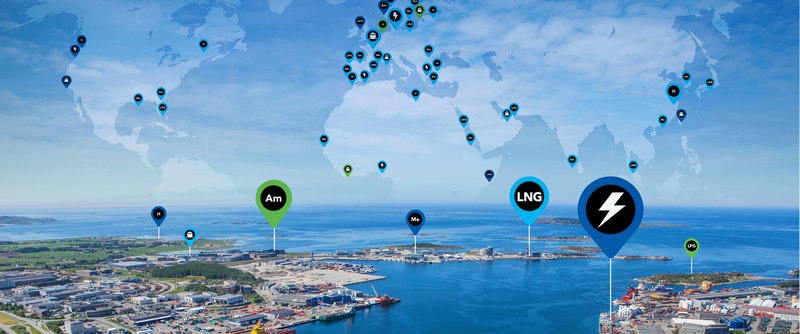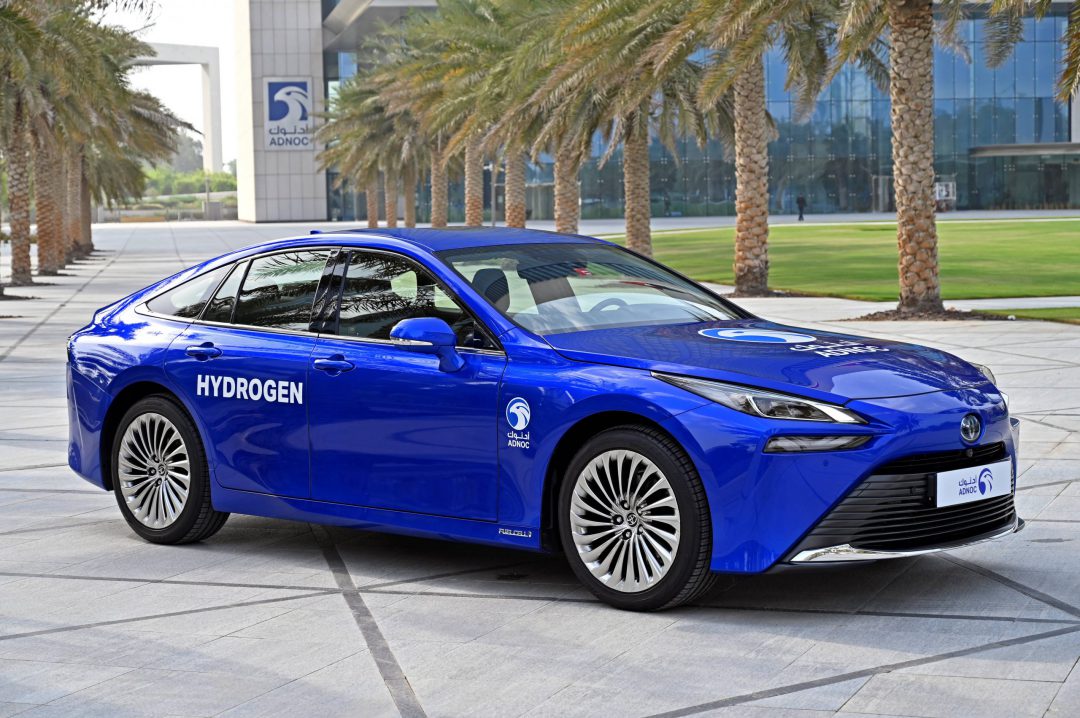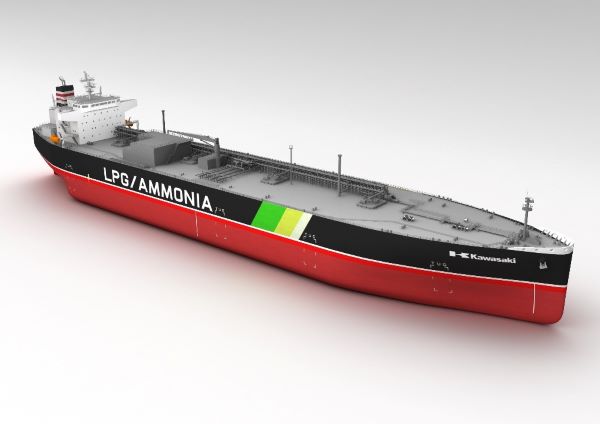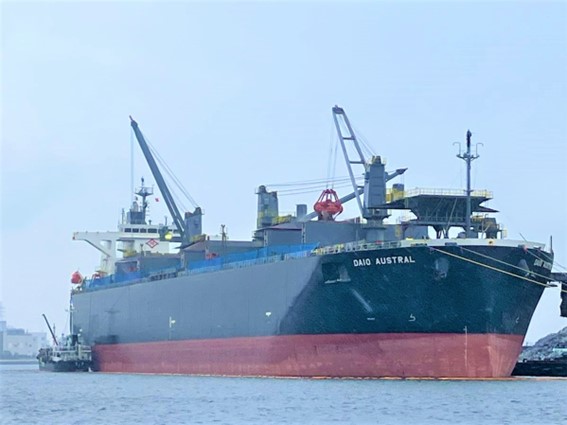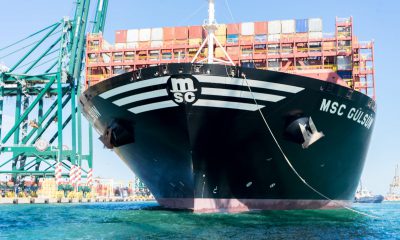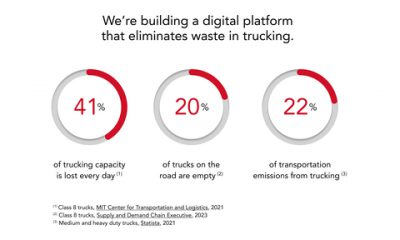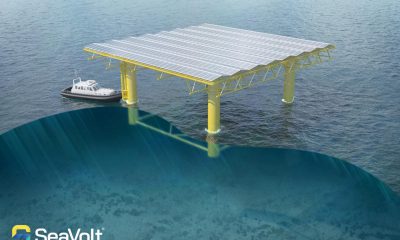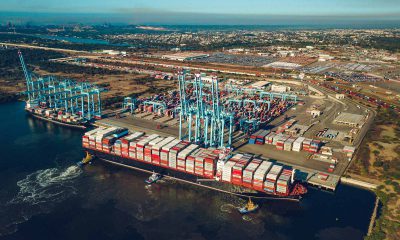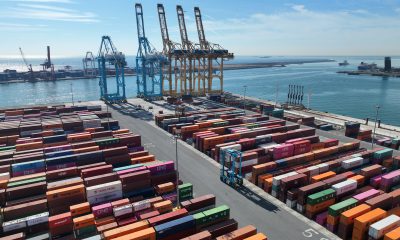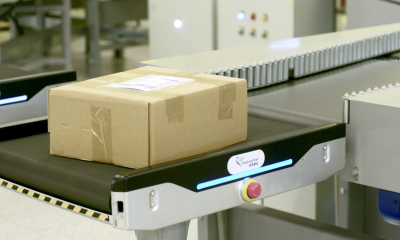DNV has enhanced its Alternative Fuels Insight data platform as part of an effort to accelerate the decarbonization of shipping. The upgrade includes the addition of new fuel types, improved fuel price monitoring supported by Argus, and a crowdsourcing feature to gain input from its users.
“Our recent upgrade of the AFI platform is intended to promote cross-industry collaboration and provide greater visibility on alternative fuel uptake. Our aim is to facilitate business decision-making that will support our customers and the industry on the journey towards zero-carbon shipping,” says Kristian Hammer, Senior Consultant in DNV’s Maritime Advisory business.
The AFI platform allows maritime stakeholders to evaluate and analyse uptake of alternative fuels and technologies for ships and bunkering facilities through the use of data visualization tools. The platform displays alternative fuels usage trends, including the number of vessels in operation, on order or contracted using said fuels. Overview and information on bunkering infrastructure and as data insights into the various fuel technologies are also available.
“Comprehensive and up to date information on the entire value chain is necessary to support investments by shipowners in alternative fuels and facilitate the development of bunkering infrastructure by fuel suppliers,” Hammer says.
Full spectrum of fuel data
The range of fuel types featuring on the platform has been expanded to include detailed insights for methanol, ammonia, hydrogen and LPG – in addition to the existing data on LNG, batteries and scrubbers – as these emerging low-carbon fuels gain traction to meet the IMO’s goal to cut CO2 emissions from shipping by 50% by 2050.
Through collaboration with Argus on marine fuel prices, AFI’s fuel price module has been enhanced to provide new information on alternative fuel prices on a weekly and monthly basis with regional and benchmarking for comparisons with conventional fuels. Among the price information, overview for selected biofuels, including bio-methanol as well as green ammonia can be found.
“We are pleased to support DNV’s efforts to further enhance transparency for maritime stakeholders as they plan investments to manage the energy transition,” said Adrian Binks, Argus Media chairman and chief executive. “Argus is leading the way in assessing alternative marine fuels including marine biodiesel, LNG, methanol and ammonia. Our biofuel prices are widely adopted by market participants for use in their physical indexation and in financial benchmarks for risk management”.
Widening collaboration
Until now most of the information on the platform has been updated by DNV’s own team. However, by expanding the data provision and gradually increasing the scope of the data, the company sees the platform as a great enabler for industry collaboration. Through participating in crowdsourcing of information verified by DNV, contributing entities such as research institutes and universities will receive access to premium content on the AFI platform.
Mr Hammer concluded: “We are further opening up the platform because collaboration and data transparency are essential in achieving cleaner, green shipping. As a digital and structured framework for collaboration and data sharing, we believe AFI can help the industry work together and take informed decisions. As we say about collaboration here at DNV, it is the fuel of the future.”
About the Alternative Fuels Insight platform
With more than 12 000 users across the maritime industry, DNV’s Alternative Fuels Insight platform is here to help accelerate shipping’s transition to a cleaner, more sustainable future. Covering both alternative fuel technology for vessels and bunkering infrastructure, the platform provides a complete overview of the development and uptake of alternative fuels and technologies. The platform is open for everyone to access through DNV’s Veracity portal.
